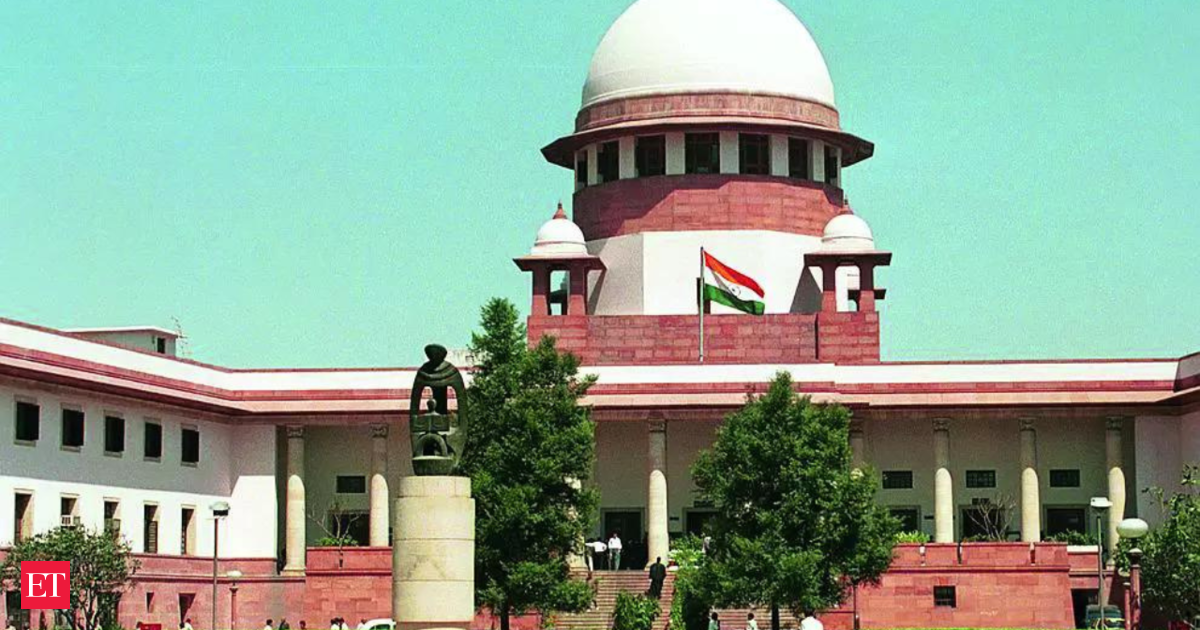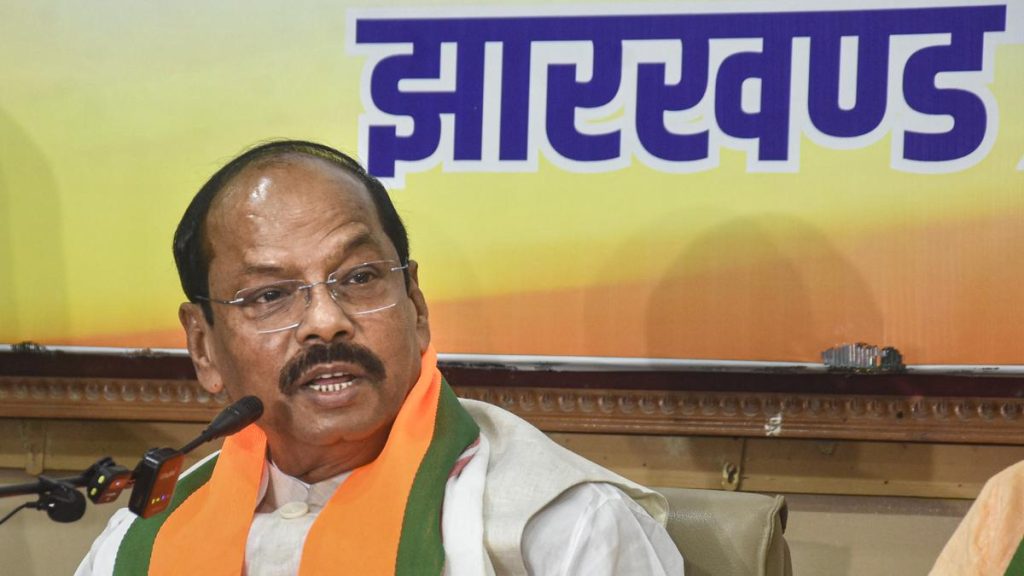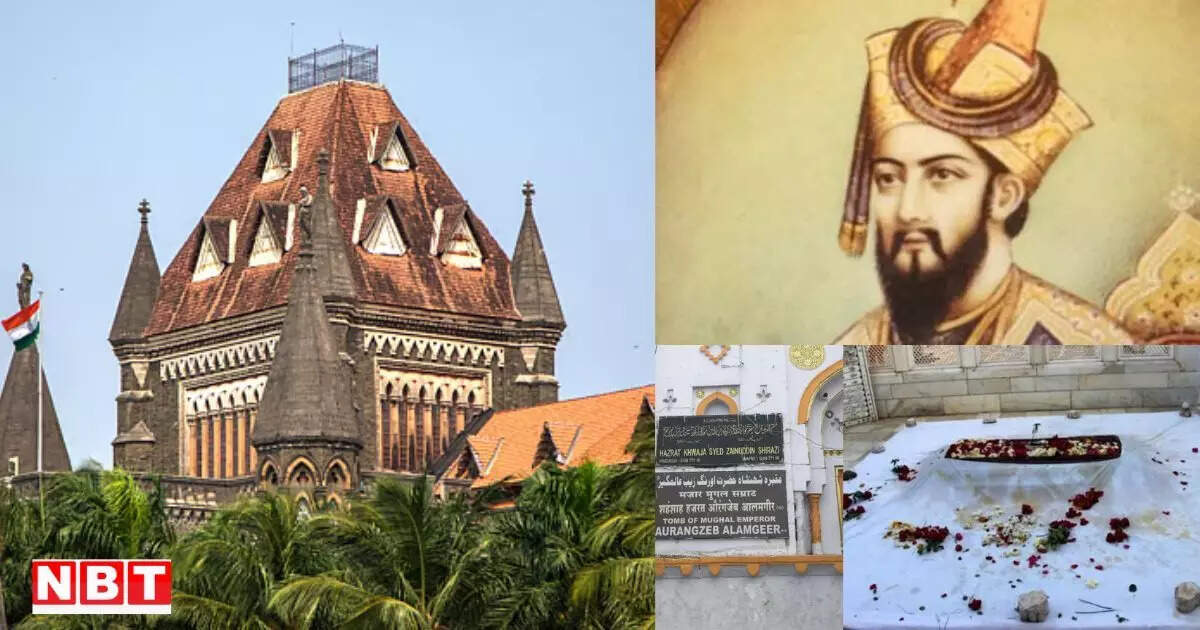Now Reading: SC Rules Government Land Acquisition Prevails, Cites ‘Alice in Wonderland’ in Landmark Judgment
-
01
SC Rules Government Land Acquisition Prevails, Cites ‘Alice in Wonderland’ in Landmark Judgment
SC Rules Government Land Acquisition Prevails, Cites ‘Alice in Wonderland’ in Landmark Judgment

Speedy Summary
- Supreme Court Ruling: The Supreme Court ruled that government land acquisitions for public purposes cannot be overridden by third-party claims or private agreements made after the acquisition.
- Objective of ruling: Designed to prevent delays in infrastructure projects caused by post-acquisition legal disputes.
- Case Background: The decision arose from a dispute involving 33 acres of land acquired in 1963 on Narela-Bawana Road for a grain market, with compensation awarded in 1986. A private agreement invalidated part of the acquisition, leading to prolonged litigation.
- Supreme Court Judgment Highlights:
– Invalidated the private agreement as fraudulent and reaffirmed government authority over such acquisitions.
– Reversed prior judicial arbitration and rulings validating the private deal.
– Justice Sanjay Kumar compared aspects of the case to ‘Alice in Wonderland,’ emphasizing unusual turns taken during litigation.
Indian Opinion Analysis
The Supreme Court’s judgment has broader implications for India’s infrastructural development, especially national highways and other public projects often hampered by legal challenges over land acquisition. By reasserting that acquired land cannot be relinquished through post-acquisition agreements, this ruling strengthens governmental sovereignty under eminent domain while ensuring public resources are not diverted due to vested interests or procedural loopholes.
the case underscores inefficiencies resulting from prolonged litigation over established acquisitions-a concern frequently enough raised regarding India’s infrastructural timelines. By preventing fraudulent reversals like those seen in this instance, this judgment could serve as precedent for smoother project execution and better safeguarding of public interests amidst growing demands for development across sectors.



























